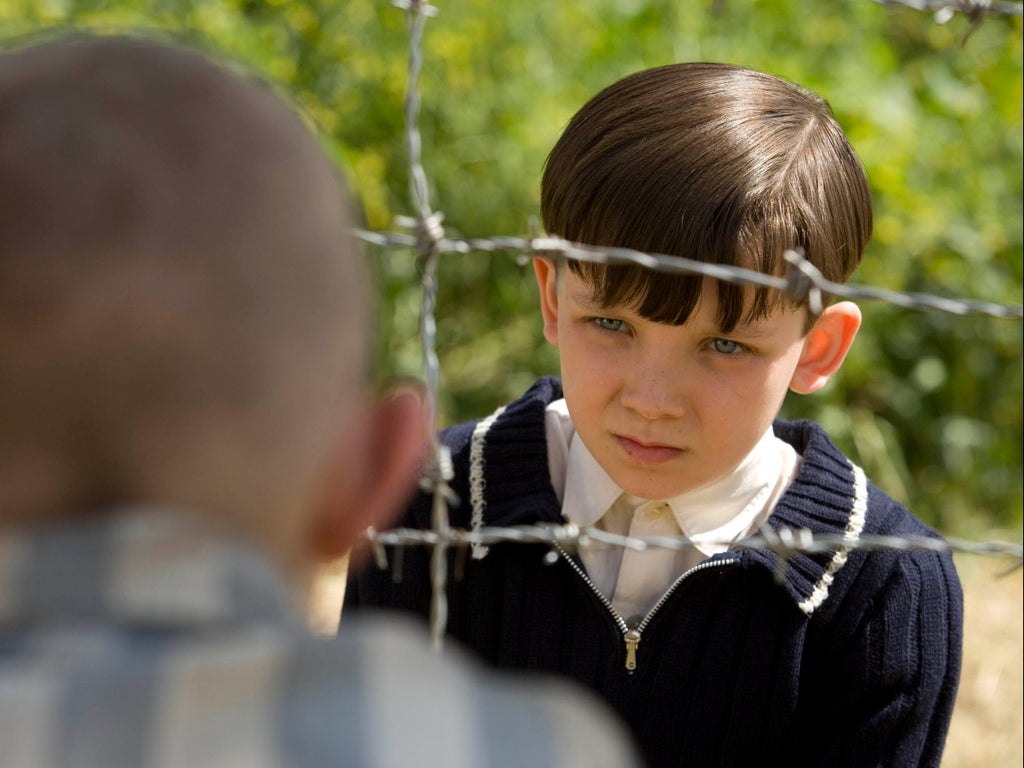
A new academic study has claimed that the bestselling novel The Boy in the Striped Pyjamas may fuel “dangerous fallacies” about the Holocaust.
First published in 2006, John Boyne’s book focuses on the friendship between a Jewish boy imprisoned in Auschwitz and the son of a Nazi commandant. It was adapted into a film in 2008.
Research conducted by University College London’s Centre for Holocaust Education (provided to The Guardian) revealed that 35 per cent of teachers in England use The Boy in the Striped Pyjamas in lessons covering the Holocaust.
However, the book was more frequently used by Drama and English teachers than those teachers History.
Critics of the book have claimed that it engenders misplaced sympathy with the Nazis, something that was found to be the case in research conducted five years ago.
The report claims that the novel holds a “somewhat contested position as a potential educational resource”.
Claimed the study: “While most young people who took part in the study recognised the narrative as a work of fiction and many were able to identify and critique its most glaring implausibilities and historical inaccuracies, they nonetheless overwhelmingly characterised it as ‘realistic’ and/or ‘truthful’.”
Stuart Foster, the executive director for the Centre of Holocaust Education, said that Boyne’s work of fiction was not to blame, but rather the use of it within an educational context. “In an era of fake news and conspiracy theories, it’s very worrying that young people harbour myths and misconceptions about the Holocaust,” he said.

Criticisms of the novel date back more than a decade. In 2009, a study by the London Jewish Cultural Centre claimed that 75 per cent of respondents believed The Boy in the Striped Pyjamas to be based on a true story.
In 2020, the Auschwitz-Birkenau State Museum stated that the book “should be avoided by anyone who studies or teaches about the Holocaust” due to its historical inaccuracy.
Responding to the new study, Boyne told The Guardian: “The Boy in the Striped Pyjamas is deliberately subtitled ‘A Fable’, a work of fiction with a moral at the centre. From the start, I hoped it would inspire young people to begin their own study of the Holocaust, which in my case began at the age of 15 and continued in the decades that followed.
“As a novelist, I believe that fiction can play a valuable role in introducing difficult subjects to young readers, but it is the job of the teacher to impress upon their students that there is legitimate space between imagination and reality. By relating to my central characters, however, by caring about them and wanting no harm to come to them, the young reader can learn empathy and kindness.”







